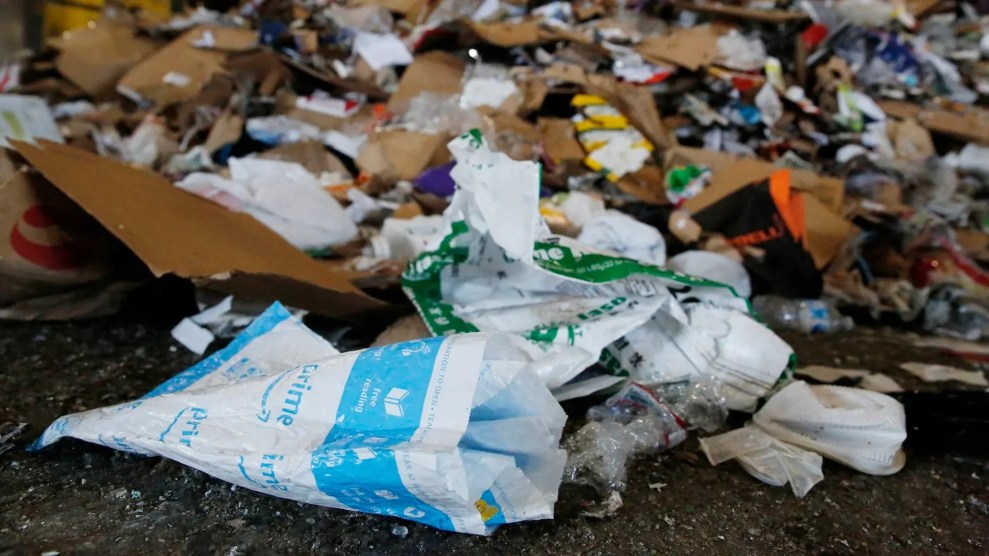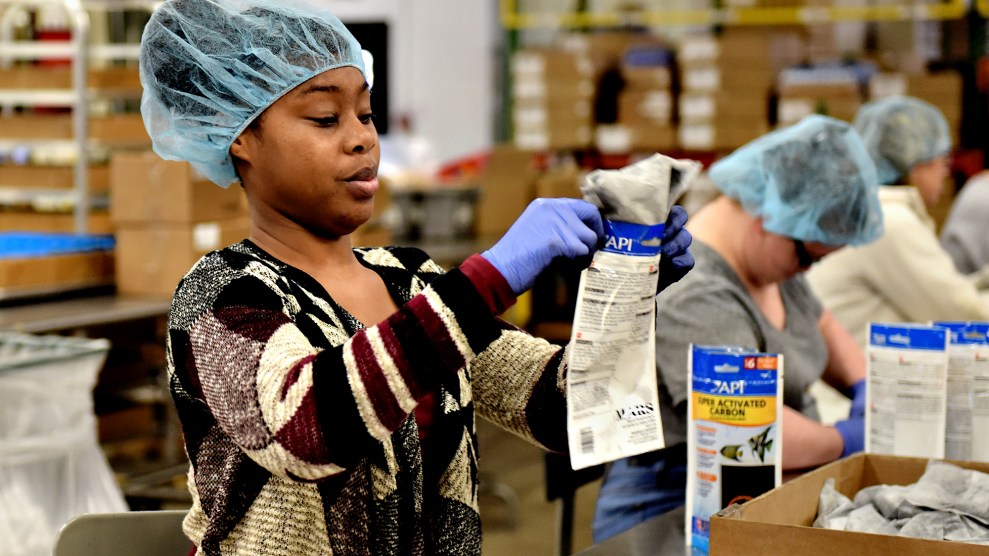Image: AP/Wideworld
George W. Bush’s selection of Colin Powell, Condoleezza Rice and Rod Paige as key staffers was widely hailed as a big plus for the Bush administration, and an even bigger plus for black officials. The message, supposedly, is that blacks are now major players in American politics. Yet a few days before their appointments, the Joint Center for Political and Economic Studies, a Washington DC political think tank, issued a little-noticed report showing that the decades-long rise in the number of black elected officials has slowed down markedly.
According to the report, the number of black elected officials nationwide grew by a paltry 68 positions last year. And these were mostly in lower level, municipal offices. The bulk of black officeholders are still mainly concentrated in five states: Mississippi, Alabama, Illinois, Louisiana, and Georgia. Overall, the percentage of black elected officials in relation to all elected officials has remained unchanged since 1996.
The slowdown is glaringly evident in Congress. The Senate has only had two blacks since Reconstruction, Massachusetts Republican Ed Brooke and Illinois Democrat Carol Moseley-Braun, who was defeated in her 1998 re-election bid. In the House, Congressional Black Caucus membership peaked at 39 members in 1996.
In California, the number of black elected officials has actually declined in recent years. And today, four black House members represent districts in which, according to 2000 Census figures, Latinos comprise the majority of their constituents. As more Latinos gain citizenship, and their American-born children become eligible to vote, Latino candidates will be viable contenders for these seats.
The stagnation in black political strength has hampered the Congressional Black Caucus’ efforts to get Congress and the White House to support increased trade with and aid to African and Caribbean nations, greater HIV/AIDS funding, stronger backing for affirmative action programs, and the passage of tougher anti-racial profiling and hate crimes laws.
It took marches and protests by Jesse Jackson and lawsuits by the NAACP to focus national attention on the allegations of anti-black voter discrimination in Florida. And even then the Congressional Black Caucus still had to beg Attorney General Janet Reno to get her to investigate the charges. The impotence of black elected officials and the Democrats’ cavalier treatment of black voters deepens cynicism among many blacks that Democrats care about them only when they need their votes.
The added dilemma for black voters is that any future increase in the number of black elected officials must come in majority white districts. Yet, with the exception of Oklahoma Rep. J.C. Watts and former Connecticut Rep. Gary Franks, both conservative Republicans elected from majority white districts, it is still virtually impossible for blacks to triumph in non-black majority districts.
The alarming erosion in black political gains can also be blamed on black voter apathy, inner-city population drops, suburban integration, and displacement by Latinos and Asians.
To overcome these daunting obstacles, civil rights and black political groups must mount and sustain voter mobilization and education drives aimed at increasing the number of black voters. They must pressure Democratic and Republican party officials to mentor, promote and bankroll more black candidates in their bids for national office.
In addition, black politicians must fight even harder for the needs and interests of poor and working class blacks, many of whom after the Florida debacle, feel that politics and politicians are hopelessly corrupt, and see no value in voting. They must also expand their agenda to address the needs of Latino and Asian voters. Their support will be absolutely crucial if black politicians expect to hold or win office in the future in districts that were once majority black but are now ethnically diverse.
The appointments of Powell, Rice and Paige are important political milestones for blacks. But even their political success and personal prestige aren’t enough to halt the slide in black political strength.












